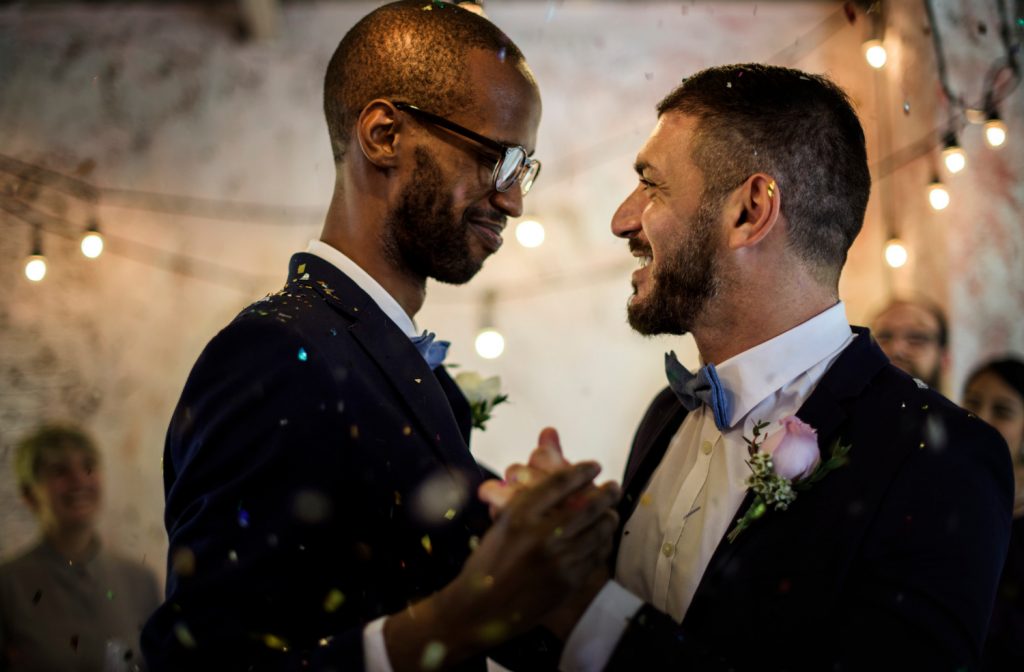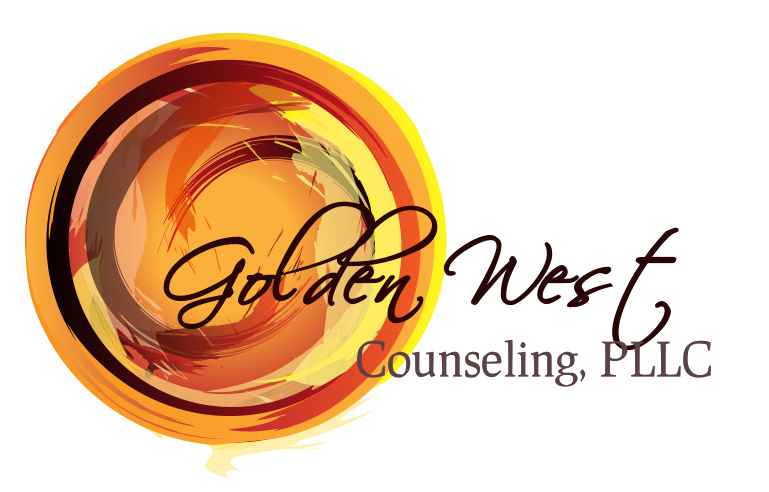LGBTQI Struggles
Call for your Complimentary Consultation

Understanding What LGBTQIA+ Means in Mental Health Counseling
LGBTQIA+ stands for Lesbian, Gay, Bisexual, Transgender, Queer or Questioning, Intersex, Asexual, and others within the gender and sexual diversity spectrum. While a person’s sexual orientation or gender identity may not be the source of emotional distress, many individuals who identify as LGBTQIA+ seek mental health counseling that includes their identity and lived experience.
If you are part of the LGBTQIA+ community, or even an ally, finding a therapist who provides affirming, culturally competent counseling can create a safe, respectful space to explore life’s challenges. Whether you’re dealing with anxiety, depression, trauma, identity development, or relationship concerns, therapy that is inclusive and supportive can help you feel seen, heard, and empowered.
You deserve mental health support from someone who understands and affirms your identity.
LGBTQIA+ Affirming Counseling for Mental Health & Emotional Wellness
You may be seeking therapy for reasons that have nothing to do with your sexual orientation or gender identity—and that is completely valid. We believe your mental health challenges, whether related to anxiety, depression, relationship issues, or self-esteem, are just as important and deserving of support as anyone else’s. At the same time, we recognize that your lived experiences as an LGBTQIA+ individual are significant and should not be ignored in therapy.
If you’re navigating life transitions, feeling overwhelmed by stress, considering coming out to family or friends, or exploring questions around identity, this is a space where you can feel safe, affirmed, and supported. Our counseling approach is non-judgmental and culturally responsive, offering a comfortable space to express your thoughts, emotions, and experiences.
In LGBTQIA+ affirming therapy, we’ll work together to uncover patterns, beliefs, or past experiences that may be contributing to emotional distress. Our goal is to help you strengthen your sense of identity, develop effective coping skills, and build a greater sense of peace, confidence, and balance—so you can live as your most authentic self.
Navigating Identity, Discomfort, and Self-Esteem
Emotional Discomfort and Identity Conflict. If you were raised in a religious or culturally traditional environment, you may find yourself struggling to reconcile your sexual orientation, gender identity, and spiritual beliefs. This internal conflict can lead to emotional distress, self-doubt, and confusion. In LGBTQIA+ affirming counseling, we create a safe space to explore these complex feelings without judgment. Therapy can help you process past experiences, including discrimination or rejection, and support you in aligning your personal values with your identity.
Low Self-Esteem and Mental Health. Many individuals experience a low sense of self-worth that stems from years of internalized negativity or critical self-talk. Low self-esteem affects how you feel, think, and behave. It often shows up as self-blame, perfectionism, social withdrawal, or a constant sense of not being “good enough.” These patterns can contribute to depression, anxiety, negative body image, and persistent feelings of shame or unworthiness.
In therapy, we focus on uncovering the root of these beliefs. Together, we’ll challenge distorted thinking patterns, build emotional resilience, and help you develop a more compassionate and empowering view of yourself. Through evidence-based mental health strategies and a supportive therapeutic relationship, you can begin to feel more connected, confident, and in control of your emotional well-being.
Healing Is Possible. The struggle with self-acceptance doesn’t have to keep you stuck. With professional mental health support, you can learn how to reconnect with your authentic self and cultivate a stronger, more confident sense of identity. You deserve to feel whole and empowered.
Creating Emotional Fulfillment Through Mental Health Counseling
Every person deserves to feel valued, confident, and emotionally secure. Yet fulfillment doesn’t arrive from external validation—it’s something we build from within. Through individual therapy, you can begin the journey toward mental clarity, emotional resilience, and self-acceptance.
Living authentically—without fear, shame, guilt, or self-doubt—opens the door to true fulfillment. But often, we postpone our emotional needs. We prioritize work, relationships, or responsibilities while neglecting the very self that holds it all together. When you begin to understand the importance of self-care and offer yourself consistent self-compassion, you begin to undo the patterns of negative thinking that block your ability to grow.
Mental health counseling offers a safe and supportive space to explore your thoughts, emotions, and behaviors. It’s both an exploratory process and a transformative experience, helping you reconnect with your inner voice and uncover what matters most. Whether you’re seeking clarity, healing, or direction, therapy gives you the tools to move forward with greater confidence and purpose.
You deserve to thrive—not just survive.

